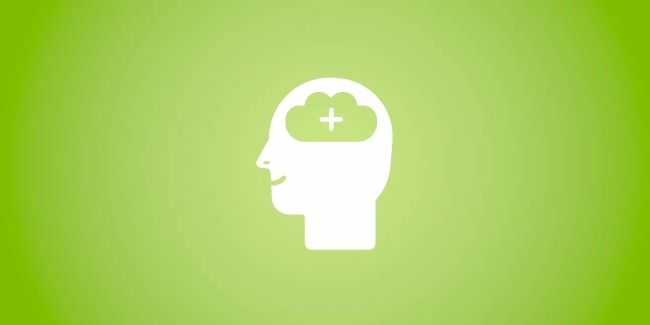
The Power of Positivity
“Whether you think you can or you can’t, you are probably right” Henry Ford Talk of the power of a positive mindset is common, and there is ample evidence to support the effect positive thinking can have on our physical health, our mental well-being and our performance. A negative bias is present to protect us by making us more aware of and alert us to potential danger. However, in modern times, constant activation of the Sympathetic Nervous System (SNS) is neither helpful, nor healthy. The first step in changing our negative thinking is to become aware of it. For many of us, negative thinking has become a very unhelpful habit which we may not even know we're doing! Moving from a negative bias to a positive mindset is proven to have significant mental and physical health benefits whilst increasing our ability to overcome challenges. The negative bias is our tendency not only to register negative stimuli more readily but also to dwell on these events. As humans, we tend to: What do you tell yourself? Is your inner dialog helpful and positive, looking for solutions or is it unhelpfully breaking down your confidence? When things don’t go to plan, what did you learn? Catch yourself, press pause and reframe those negative internal and external chats. Instead of “That’s going to be a nightmare” try “That’s interesting, what’s my plan?”, you might find it far more helpful. Making a conscious effort to notice and celebrate the positives can redress the negative bias balance. Celebrate the small wins. Turning up, doing your best and being kind are all great things to recognise. For those areas where you have a natural negative bias, set yourself some small goals and acknowledge your progress. For example, if you have developed a fear of a certain surgery, booking yourself in to assist one is a step towards the end goal. Keeping a positivity or gratitude journal can also help to move you into the right mindset and direction. Write in a journal daily and start with 3 things that went well that day, or 3 things you are grateful for. This also helps to keep challenges in perspective. Remember the quickest most effective way to switch off the SNS is to BREATH. The negativity bias can have a powerful impact on our behaviour, self-awareness allows you take steps to adopt a more positive outlook on life. The more you practice, the better you get, even if you don’t quite believe yourself at first! Keep up the positive internal and external talk and it will become a more natural state. These techniques can help with mindset management if you persistently think negatively or it is affecting day to day life please seek the support of a qualified health professional. Further reading: The Chimp Paradox by Prof Steve Peters References: Cacioppo JT, Cacioppo S, Gollan JK. The negativity bias: Conceptualization, quantification, and individual differences. Behavioural and Brain Sciences. 2014;37(3):309-310. doi:10.1017/s0140525x13002537 Goldsmith K, Ravi D. Negativity bias and task motivation: Testing the effectiveness of positively versus negatively framed incentives. Journal of Experimental Psychology: Applied. 2013;19(4):358-366. doi:10.1037/a0034415What is Negativity Bias?
Replacing the Negative Bias with a Positive Mindset
Stop Negative Self-Talk
Reframe
Recognise the Positives
Breath
Practice, Practice, Practice!
About VDS Training
VDS Training are passionate about developing all members of the veterinary team, to help you overcome the personal and professional challenges you face on a daily basis, and to build practical skills and techniques to make a real difference to you and your life.

